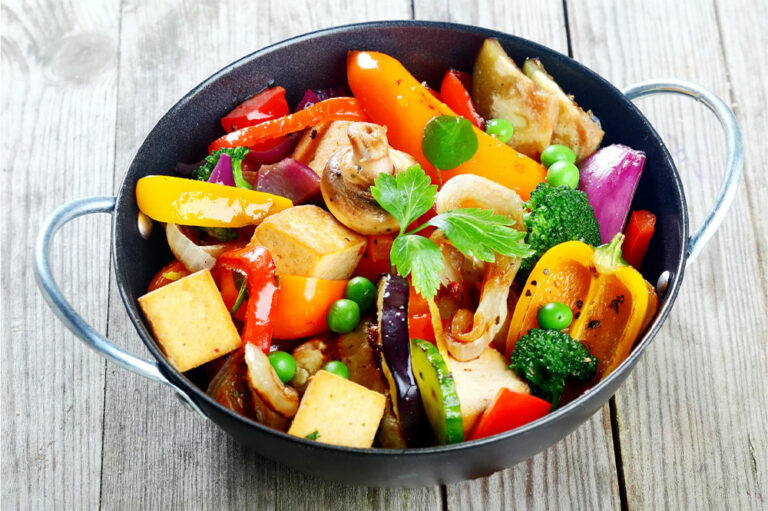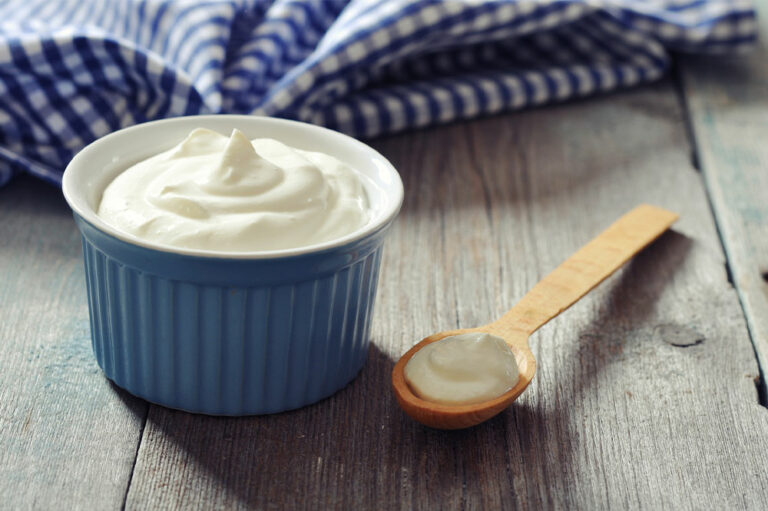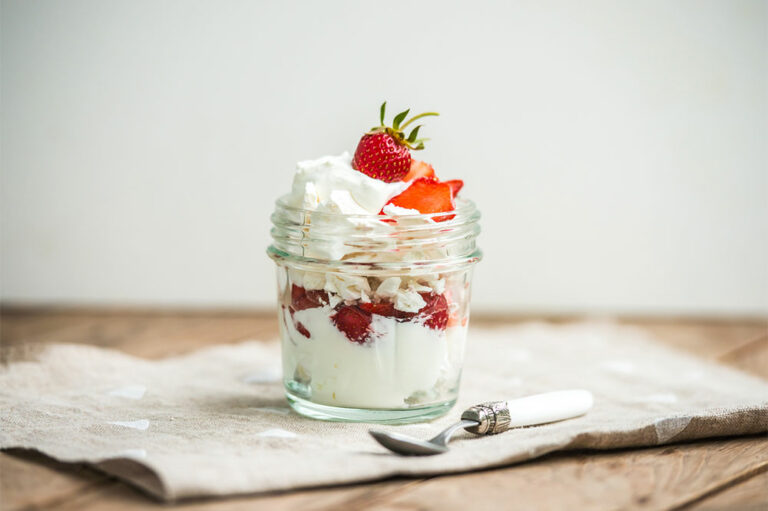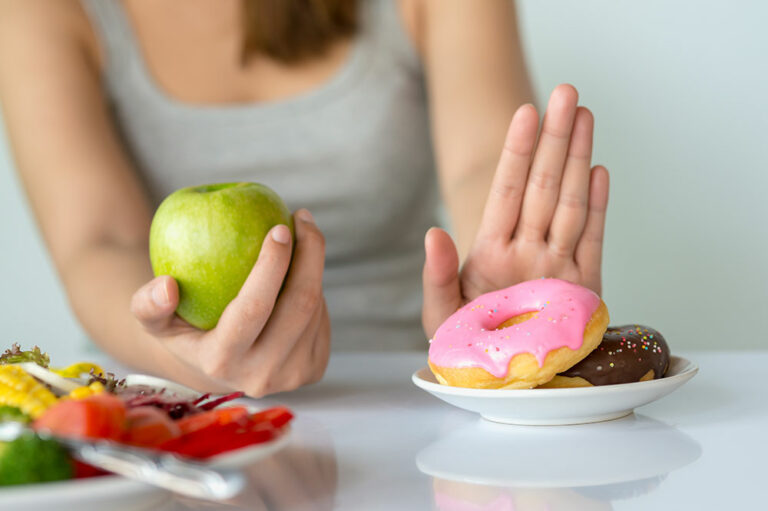
health
5 must-try snack ideas for diabetics
People with diabetes experience fluctuations in blood sugar levels not only because of their health condition but also certain treatments used to manage the same. Snacking is a great way to ensure your blood sugar doesn’t drop too low while keeping sugar intake minimal. However, not all snacks are suitable for diabetics, so patients must choose wisely. Here are some great snacking ideas that are low in sugar and great for health. Hard-boiled eggs This is one of the easiest snacks to make since not a lot of effort is required on your part. Hard-boiled eggs are rich in proteins and can help people with type 2 diabetes maintain their blood sugar and hunger levels. If you can, try and eat just the egg whites. Seasoning with pepper or your favorite herbs can enhance the taste. Veggies and hummus Vegetables are always a great option for snacking. They’re rich in essential vitamins and minerals and can make you full quickly due to their high fiber content. Veggies also help maintain a healthy body weight since most varieties aren’t as high in calories as other snacking options. If you’d like some flavor, try eating your vegetables with a side of hummus, another excellent fiber source. Apples with peanut butter This is probably one of the most popular healthy snacks since it is so delicious. Apple slices with peanut butter offer various vitamins and minerals that are specifically beneficial for people with diabetes. If you aren’t a fan of apples, try other fruits such as bananas. You can also use almond butter instead of peanut butter. Hot cocoa made with dark chocolate Different kinds of sugar-free hot cocoa mixes are available that taste amazing. You can enjoy a delicious hot cup of cocoa without any guilt by adding sugar-free hot cocoa powder to fat-free or non-dairy milk.










